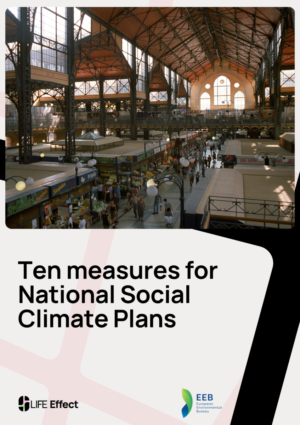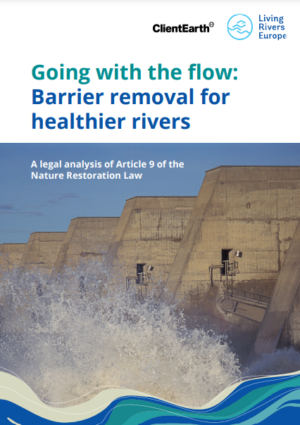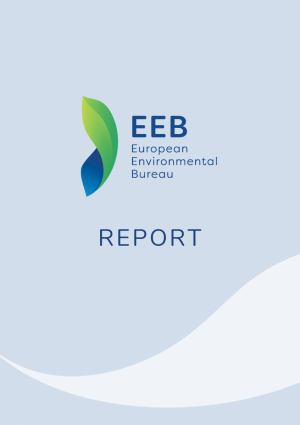
A Post-Growth European Green Industrial Policy
In recent years, industrial policy has reemerged at the EU policy-making level in the wake of the Green Industrial Plan (which incorporates the Critical Raw Materials Act, the Net Zero Industry Act and the reform of the EU’s electricity market), and more recently with the shift toward competitiveness enshrined as a central tenet of the next EU Commission mandate, together with the publication of the Draghi report1, signalling a potentially alarming turn towards the deregulation of green and social measures at the benefit of private capital.2 In contrast with the U.S. and China’s state-intervention programmes, the absence of a coordinated approach to industrial policy in the EU is sparking fears at high-level of further deindustrialisation and greater economic dependence on foreign countries for the critical materials and technologies needed for the green transition and other sectors of EU interests including defence and digitalisation.
Broadly speaking, industrial policy refers to government-led interventions towards specific sectors and activities of so-called ‘strategic importance’ to deliver economic transformation.3 Most importantly, industrial policy was central to the functioning of modern economies up until the market-driven. Also exemplified by the Letta report on the EU Single Market. neoliberalism turn of the 1980’s, which was itself a way to supress the growing power of working class and trade union movements in the 1970’s.4 Today, in the face of the twin social and ecological crises, industrial policy should go beyond targeting specific sectors of interest and challenge the overall structure of the economy. While there is a relatively broad consensus among civil society and policymakers on the problems posed by the incoherent EU approach to industrial policy and the lack of fiscal capacity given to Member States, few account for the need to fit it within a post-growth economic framework with respect to ecological constraints and declining growth rates.5 In this brief, we outline three main pillars, and their respective key policy proposals, that are central to the delivery of an EU post-growth industrial policy.





